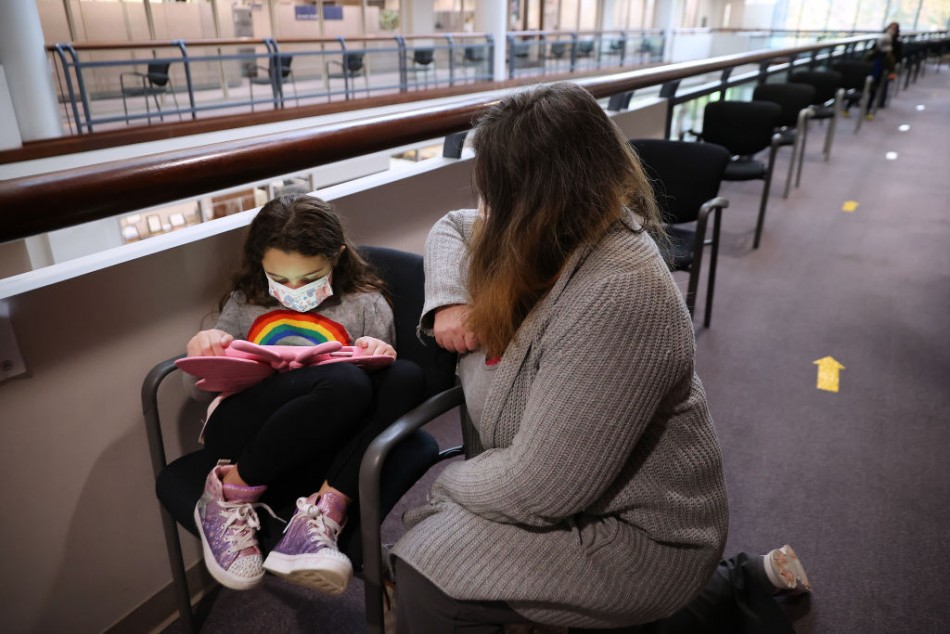Georgia Senators Propose Law Requiring Parental Consent for Social Media: A Bid for Online Safety

Georgia could be the next state to implement stringent regulations on children's access to social media platforms.
Two prominent Republican figures in the Georgia state Senate, Lt. Gov. Burt Jones and Sen. Jason Anavitarte of Dallas, announced plans to introduce legislation in 2024 that would mandate parental consent for minors to create social media accounts.
The proposed law is also aimed at restricting accounts on various online services, echoing recent legislative actions in other states.
Empowering Parents for Safer Online Experiences
According to NBC News, Lt. Gov. Burt Jones and Sen. Jason Anavitarte have taken a decisive step toward safeguarding minors' online interactions.
The legislators revealed their intention to craft a law in the image of Louisiana's recent legislation, which requires social media platforms to verify users' ages and prevents those under 18 from joining without parental consent.
This announcement marks a bipartisan effort to address the challenges posed by children's unrestricted access to the digital realm. Georgia's proposed law aligns with the national trend of enforcing parental consent for minors accessing social media platforms.
In the past year, Arkansas, Texas, and Utah have all passed similar measures, necessitating parental approval before children can engage on social media.
Concurrently, discussions on the federal level have seen some policymakers advocate for the implementation of parental consent requirements to ensure young individuals' safety in the online space.
The Surgeon General's Warning and Tech Industry Response
According to ABC, the proposed legislation's impetus gains further validity with the U.S. Surgeon General Vivek Murthy's concerns about the safety of social media for young users.
In May, Murthy called on tech companies, parents, and caregivers to prioritize immediate protective measures for children online. He urged greater transparency from tech firms and likened the need for regulation to safety standards applied to child-centric products like car seats and baby formula.
Social media giants, such as Meta Platforms, have faced increasing scrutiny in the wake of Murthy's concerns.
Senator Anavitarte's disclosure of contact with Meta Platforms highlights the Senate's intent to collaborate with industry leaders on implementing the proposed law effectively.
Meta's recent efforts to enhance age verification procedures underscore the industry's awareness of the issue's urgency.
Read Also: The Ultimate Guide on How to Start Homeschooling: Your Path to Personalized Education
The Path Ahead: Potential Challenges and Benefits
While the proposed legislation aims to create safer online environments for minors, concerns regarding free speech and access to information have arisen.
Advocates argue that such regulations could inadvertently restrict content and hinder adults' access to valuable information.
Striking a balance between safeguarding minors and preserving fundamental rights remains a challenge lawmakers must address.
As Georgia's lawmakers work toward implementing the proposed parental consent law, practical challenges emerge. The law's enforcement will likely necessitate the integration of age verification mechanisms into existing platforms, potentially requiring users to provide government-issued identification.
The Messenger reported that this approach echoes measures adopted in states like Louisiana, Utah, and Virginia for other online spaces.
As witnessed in other states, such as Utah and Louisiana, the introduction of stringent online regulations has sparked legal challenges.
Organizations advocating for free speech, including the Free Speech Coalition, have raised concerns over potential constitutional violations stemming from content discrimination. The outcomes of legal battles could shape the course of online safety regulations across the country.
Related Article: AP Psychology Reversal: Florida Schools Divided on LGBTQ Content Inclusion
© 2024 ParentHerald.com All rights reserved. Do not reproduce without permission.
